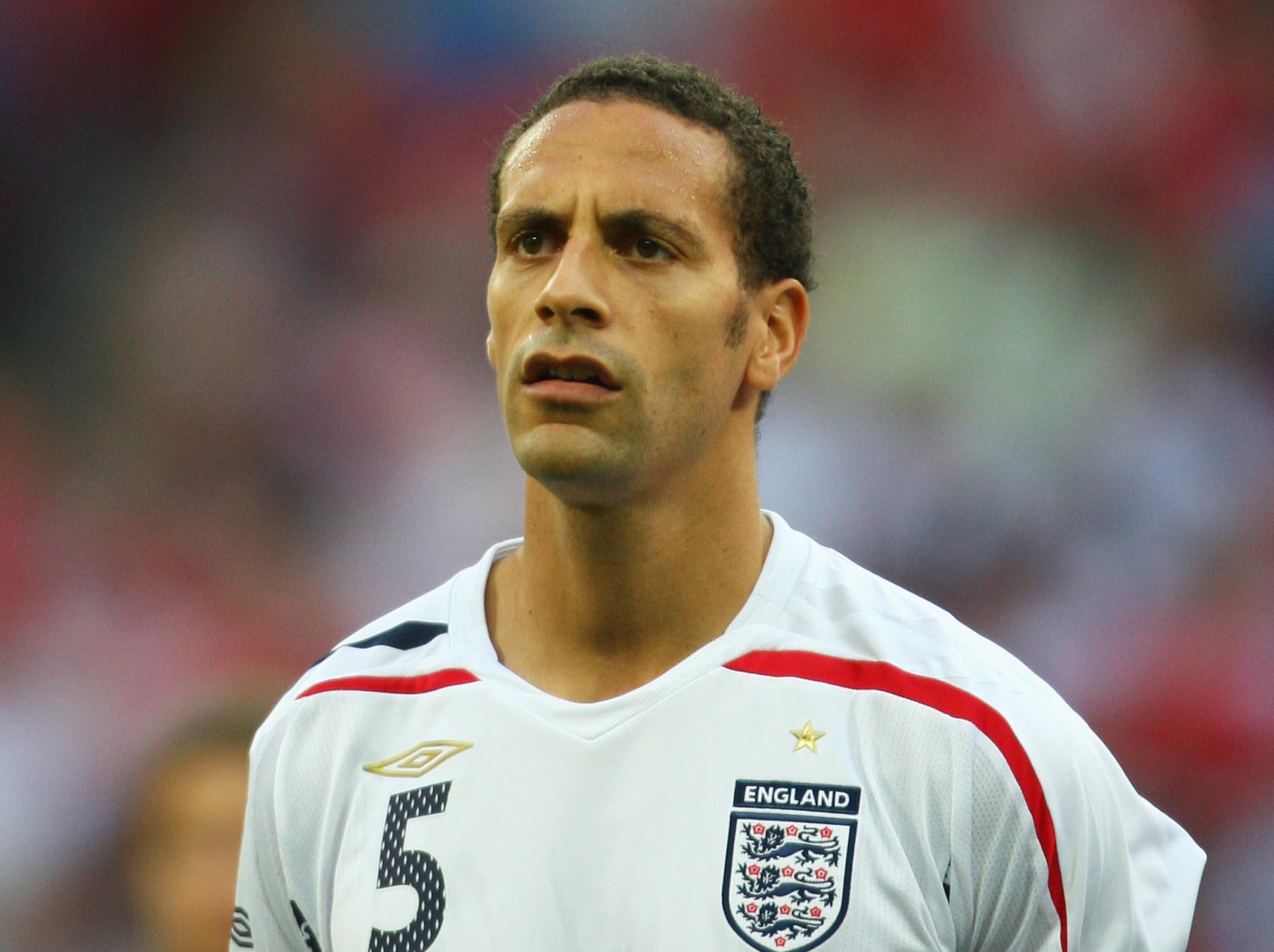Alex Scott reveals online abuse following retirement drove her to alcohol in effort to hide the pain
Mental health continues to be an important focus in the football world ahead of the Heads Up FA Cup final this weekend

Your support helps us to tell the story
From reproductive rights to climate change to Big Tech, The Independent is on the ground when the story is developing. Whether it's investigating the financials of Elon Musk's pro-Trump PAC or producing our latest documentary, 'The A Word', which shines a light on the American women fighting for reproductive rights, we know how important it is to parse out the facts from the messaging.
At such a critical moment in US history, we need reporters on the ground. Your donation allows us to keep sending journalists to speak to both sides of the story.
The Independent is trusted by Americans across the entire political spectrum. And unlike many other quality news outlets, we choose not to lock Americans out of our reporting and analysis with paywalls. We believe quality journalism should be available to everyone, paid for by those who can afford it.
Your support makes all the difference.Former England international Alex Scott said she turned to alcohol in response to social media abuse before seeking therapy.
The 35-year-old was the victim of online trolls when she retired from playing and moved into punditry with the BBC and Sky.
“When I retired, getting trolling, I found that I was turning to drink to try and hide everything, hide what I was feeling,” she said.
“I didn’t tell anyone, I didn’t tell my mum because I didn’t want her to worry or put that stress on her. I was just that person (who thought) ‘I can look after myself, I can deal with stuff’ but obviously sometimes that’s the wrong way.
“I got to a dark place and it was over Christmas, that’s when I was like ‘I can’t carry on like this, it’s not me, I need to seek help’ and that led me into therapy.”
Scott was speaking to Watford captain Troy Deeney as part of the Heads Up campaign’s #SoundofSupport series about her struggles. The campaign seeks to encourage football fans to feel confident and comfortable in reaching out for mental health support if they need it.
Scott added: “I want to take that stigma away from it. Now when I talk about mental health, straight away I’m smiling because I know what it’s done for me to leave that place. I’m content. I’m happy, and I’ve used the tools that I’ve learned to be in that place.”
Deeney, who served a prison sentence for affray in 2012, told Scott he receives therapy to combat his own drinking, and for traumas he suffered earlier in his life.
“I understood that when I started speaking I slept easier,” he said.
“I used to live on four hours’ sleep. When I have a therapy session I’ll sleep for 10 hours, because I’m knackered, but it’s all the weight coming out of me.”

In a separate conversation, former England defender Rio Ferdinand and current England rugby captain Owen Farrell discussed the differing attitudes towards opening up that they encountered.
Ferdinand, who retired in 2015 and broke into professional football in the late 1990s, said sharing concerns when he was playing would have been interpreted as weakness.
“The shirt was a heavy shirt when I played for England,” he said.
“More so than Man United... In my generation, (we’d) never go into a room on our own, sit there and go ‘Guys, listen, cup final tomorrow, I’m so nervous’.
“Because everyone would sit there and go ‘What?’. And almost you’d look at him to say ‘He’s a weak link, he’s going to be a nightmare tomorrow for us’. Now looking back, I think ‘maybe I could have helped a few people through’.”

Farrell said now there was more encouragement to share thoughts and fears.
“We always have a chat the night before... just players, and I enjoy them,” he said.
“The main thing for us is to speak what we are thinking. And if that’s something that makes you a bit more vulnerable then that’s good.
“Because if you’re thinking it, I’d probably think a few more are as well.”
PA
Join our commenting forum
Join thought-provoking conversations, follow other Independent readers and see their replies
Comments